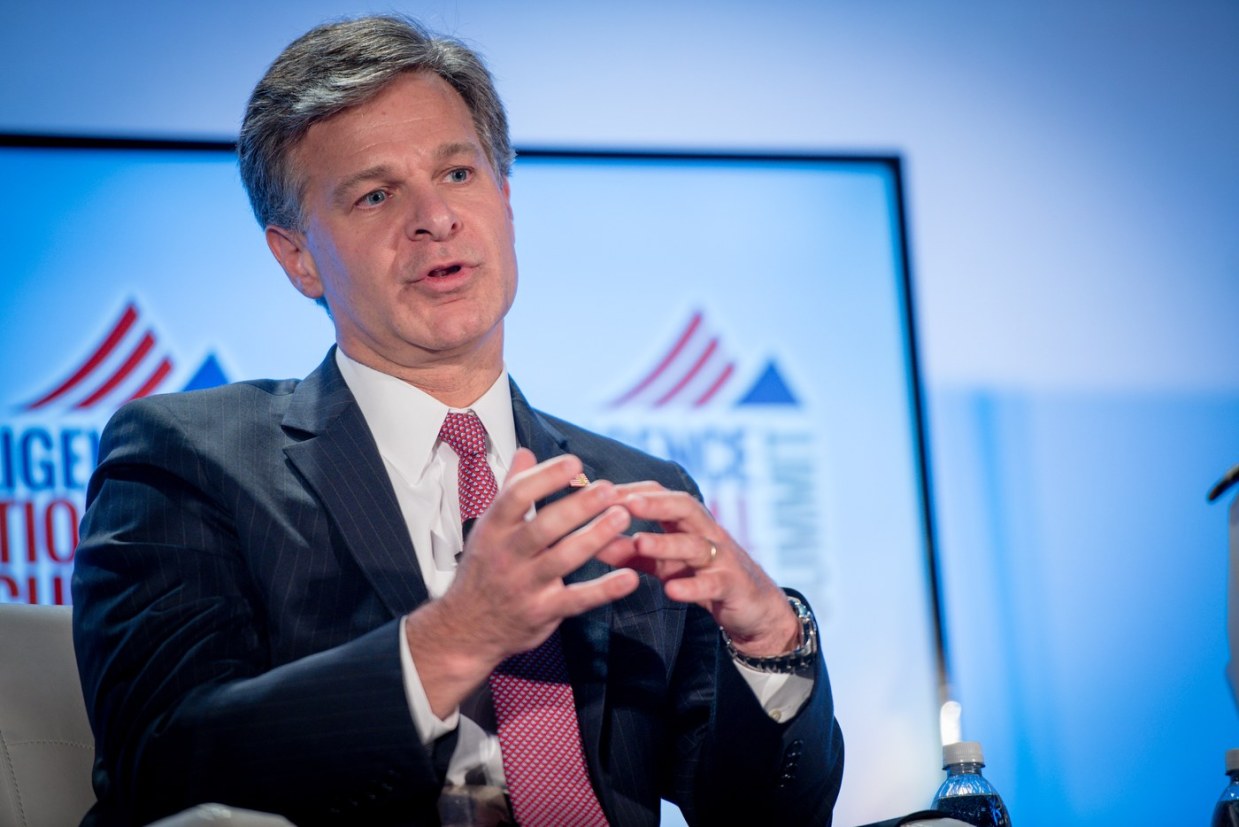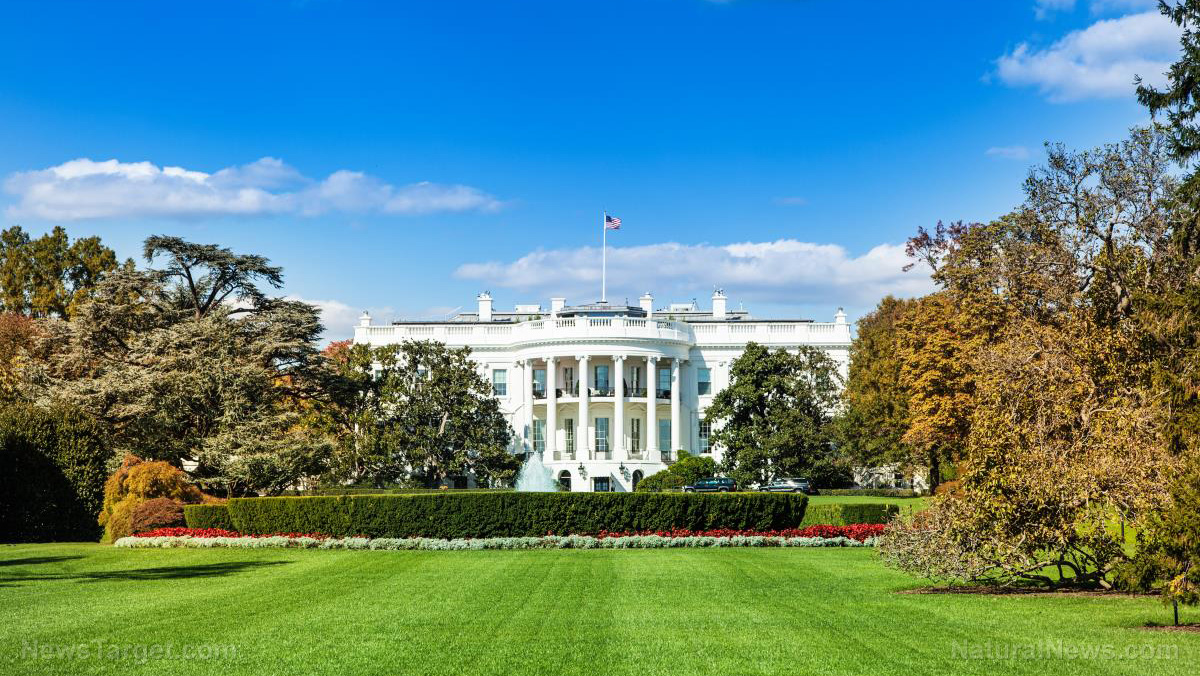
A May 13, 2017 email sent to the younger Biden detailed remuneration packages for six people in an unspecified deal involving the now-defunct Chinese conglomerate CEFC China Energy, which was headed by Ye Jianming.
The email indicated Hunter’s pay as “850” for his role as either chairman or vice-chairman for a new company. In addition, the email touched on a “provisional agreement”: “H” or Hunter Biden was to hold 20 percent of shares in the new company. A ten percent cut of profits would be set aside “for the big guy,” which Hunter was charged to protect. A source confirmed the identity of the “big guy” as the Democratic presidential candidate.
Emails bolster Hunter Biden’s deals with disgraced tycoon Ye Jianming
Ye Jianming was the chairman of Shanghai-based CEFC China Energy, which made significant investments in Russia, Eastern Europe and some parts of Africa. CEFC was China’s largest privately-held company before its scrutiny by the Chinese government in 2018. Chinese media outlet Caixin reported that a state-owned enterprise took control of the company in March 2019, until the conglomerate declared bankruptcy in early 2020.
Ye cultivated ties with high-level Chinese Communist Party (CCP) officials, leading to his tenure as the deputy secretary-general of the China Association for International Friendly Contact (CAIFC) from 2003 to 2005. A 2018 report by the U.S.-China Economic and Security Review Commission said CAIFC was a “platform for deploying undercover intelligence gatherers.”
Another Caixin report said that Ye also served as chairman of the board at Shanghai Zhenrong Energy Corp. from 2007 to 2008. Three companies jointly established Shanghai Zhenrong, two of them being CEFC and Zhuhai Zhenrong Co. Ltd. The U.S. government penalized Zhuhai Zhenrong for trading oil with Iran, violating American sanctions on the Middle Eastern country.
Besides the two oil ventures, Ye also established the non-profit China Energy Fund Committee, which had “special consultative status with the United Nations. The non-profit had offices in both Hong Kong and Arlington, Virginia.
However, the CCP investigated Ye for “suspected economic crimes” and detained him in 2018; he has been missing since then. The younger Biden told the New Yorker magazine in July 2019 that he didn’t consider Ye to be a “shady character at all” and described his investigation and detention as “bad luck.”
Hunter Biden also involved with Gongwen Dong, a business associate of Ye
A report by Sens. Ron Johnson (R-WI) and Chuck Grassley (R-IA) in September also outlined Hunter Biden’s connection to Gongwen Dong, a business associate of Ye executing transactions for the tycoon’s companies.
Hunter Biden told Dong in an Aug. 2, 2017 email that he previously had an agreement with CEFC amounting to $10 million per year “for introductions alone.” However, Ye leveled up the deal to a "much more lasting and lucrative agreement" by establishing a holding company with the tycoon and the younger Biden as co-owners – which was called Hudson West. (Related: Bombshell: Hunter Biden sought to use family name, connections to cash in big with Chinese firms, emails reveal.)
Biden and Dong then opened up a credit line at a bank under the company’s name: Credit cards issued under the account were made available to Hunter, his uncle James Biden and James’ wife Sara. The report by the two Republican senators said the pair purchased more than $100,000 worth of “extravagant items” such as plane tickets, Apple Inc. devices, and more.
These profitable deals involving the Bidens may prove to be their undoing – and also that of America. The CCP can simply leverage these illicit deals to further their interests, given that it has control over virtually any mainland Chinese firm.
More evidence of corruption involving the Bidens is being unveiled as the Nov. 3 presidential election draws near.
Sources include:
USCC.gov [PDF]
Please contact us for more information.























